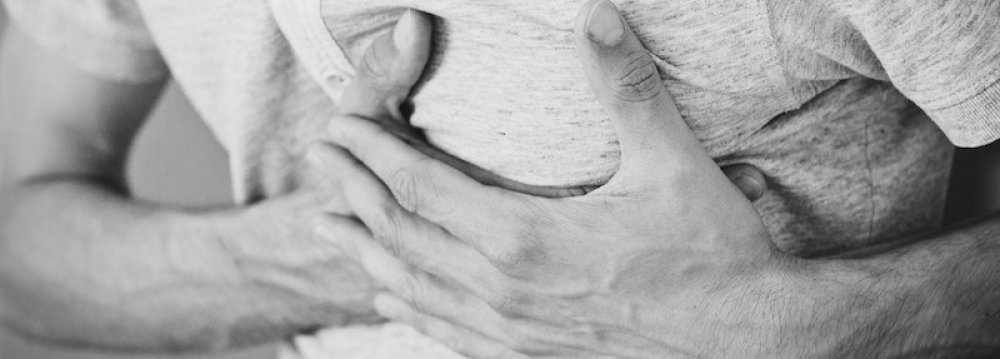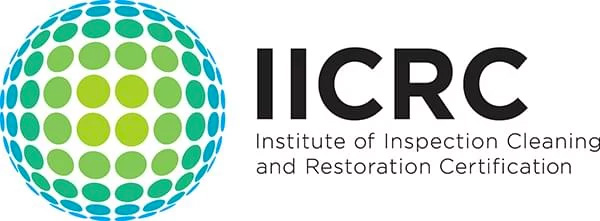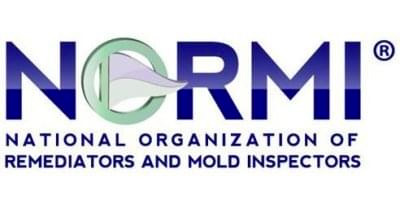Symptoms Of Black Mold Exposure In Florida
Mold growth in your Florida home can be a problem that is both costly and dangerous. This is especially true when infestations of toxic black mold occur, often due to excessive moisture.
Symptoms of toxic mold can range from being mild to adverse, depending on the type and quantity that’s present. Properly addressing moisture issues can help prevent mold from taking hold in your home.
Knowing the signs of black mold exposure can help keep you and your family safe.
What Is Black Mold?
The term “black mold” refers to an entire genus of fungi that grows in warm, damp places, often due to excessive moisture. When people refer to black mold, they are not talking about one specific species or type of mold.
The most common black mold species is Stachybotrys chartarum. These molds thrive in environments that are moist and warm, potentially impacting indoor air quality. For example, basements, kitchens, toilets, showers, and baths are common locations.
Black mold, or Stachybotrys chartarum, is toxigenic. This means its spores can quickly infiltrate your home and pose health risks, leading to mold allergy symptoms, infections, especially for individuals with mold allergy, if exposed.
Managing mold allergy symptoms, maintaining proper ventilation, and addressing moisture issues can help mitigate these risks and prevent the development of infections. Additionally, moisture in drywall can accelerate mold growth, making it important to inspect for signs of water damage and take corrective action promptly.

What Are The Signs Of Black Mold Poisoning In Florida?
Mold poisoning is a term sometimes used to refer to a set of medical signs of black mold exposure. Also referred to as mycotoxicosis or toxic mold syndrome, mold poisoning can cause a wide range of health problems, some of them severe, particularly for individuals with mold allergy.
Mold can thrive in various environments, including ceiling tiles, where it may go unnoticed, reducing the quality of fresh air in your home or workplace.
There are several common symptoms of black mold. Some effects of black mold are as follows:
- Chronic coughing and lung inflammation
- Irritation of the mucus membranes of the throat, nose, and mouth
- Rashes
- Sneezing
- Eye irritation
- Fever
- Chronic fatigue
- Headaches
Long-term mold exposure can be extremely unhealthy, but certain groups are more vulnerable than others. This includes the elderly, the very young, and people with pre-existing health issues. Even without immediate symptoms, long-term exposure to mold can also lead to asthma symptoms and:
- Muscle cramps
- Gaining weight for no reason
- Sensitivity to light
- Stomach pains
- Numbness in hands and feet
- Confusion or memory loss
- Anxiety
- Loss of hair
Exposure to black mold may also cause severe health problems to individuals who already have weakened immune systems and pre-existing conditions like:
- Immunodeficiency disorders
- Chronic obstructive pulmonary disorder
- Weakened immune system
- Cystic fibrosis
- Asthma
- A mold-specific allergy
- Seasonal or chronic allergies

Where Does Black Mold Grow In Your Florida Home?
Molds thrive in places of high humidity and warmth. The damper and warmer an area or room is, the better for mold to grow. The following are common places where mold is most likely to grow.
Kitchen
- Microwave and Stove – These are food-centric places. They see a lot of grease splatters and spillage – two things mold spores need to flourish.
- Refrigerator and Pantry – Food can encourage mold growth, especially if expired. Always ensure that these places are free of old food and are wiped down regularly to prevent growth.
- Kitchen Sink – Another area where you are most likely to find mold is in, on, and under the kitchen sink. Things like dirty dishes, water splashes, and wet sponges all contribute to the potential for black mold.
Bathroom
- Shower and Bathtub – These are one of the most suitable places for black mold spores to grow in the house. This is because mold thrives in damp, humid areas. Without proper ventilation during and after a bath or shower, mold spores will thrive.
- Sink and Toilet – Sinks and toilets are also prone to black mold growth. This is due to the presence of water and the humid nature of bathrooms.

Bedroom
- Windows and Window Sills – Does your window collect condensation due to humidity? If so, that could provide good conditions for mold to grow. The only way to prevent mold is by drying it off regularly.
- Mattress – All it takes for mold to grow is excess moisture and something to grow on. If you can, buy a mold-resistant mattress to avoid black mold poisoning. Otherwise, ensure your mattress is always cool and dry.
Living Room
- Fireplace and Chimney – When not in use, these two areas can provide a suitable environment for mold to grow. They are cool, damp and dark. Additionally, mold can spread quickly as brick used to build most fireplaces is porous.
- Indoor Plants – Greenery in your home can also be breeding grounds for mold. To prevent mold growth, don’t overwater and make sure your Florida home is at an optimal humidity level.
- Couch and Curtains – Mold grows on absorbent surfaces, and couch and curtains present the perfect environment.
Attic
- Near your water heater or furnace
- Near any vents from the laundry room, bathroom, or kitchen
- In your insulation
- On the roof, near any possible leaks
Basement
- Areas where condensation might gather
- Near a sump pump
- Near areas where the foundation may be leaking
- Around ducting and pipes
Garage
- In areas where there is stagnant water
- Around the windows and garage doors
- Behind or under any storage areas that don’t get moved around quite often
How Can You Minimize Or Prevent Black Mold Exposure Symptoms In Your Florida House?
You can minimize or prevent future mold contamination by:
- Checking gutters, pipes, and air conditioners regularly to avoid potential leaks and water damage.
- Installing exhaust fans in damp areas, such as kitchens and bathrooms, and avoiding putting rugs or carpets in these areas.
- Keeping rooms warm and well-ventilated during cold or wet weather.
- Keeping all walls and surfaces dry.
- Using a dehumidifier to reduce the amount of moisture in the air, especially in areas where damp is an issue.
- Regularly cleaning any areas where mold is likely to grow, such as damp rooms, showers, and bathrooms.
Bottom Line
Exposure to black mold can wreak havoc on your health and well-being, causing a wide range of ailments to develop over time. To prevent mold from growing in your Florida home, it’s important to correct the conditions causing it. For example, water leaks, infiltration, condensation, and flooding.
If you believe you are suffering from the symptoms of mold exposure it’s important to call a professional to conduct a black mold test.


